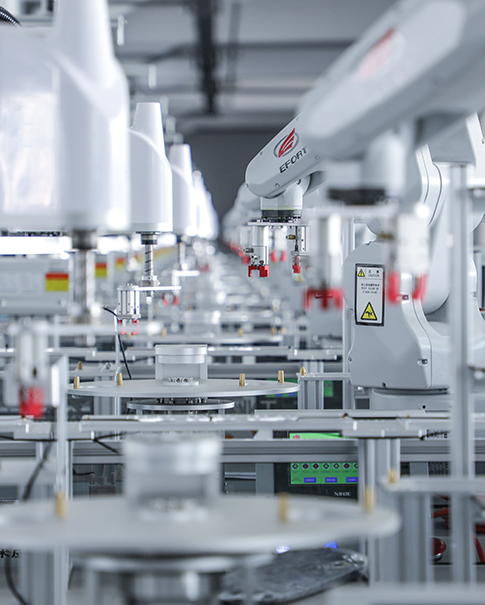Understanding DCS Technology in Industrial Robotics
How DCS Industrial Robots Enhance Production Process Management
Improving Product Quality with Real-Time Defect Detection
Intelligent Control and Process Optimization with DCS Robots
Beyond basic, DCS industrial robots can leverage intelligent control systems and optimization algorithms. These robots can learn from past production data and use it to make informed decisions, enhancing the flexibility and efficiency of the manufacturing process. By constantly adjusting and optimizing, DCS robots can streamline production workflows, reducing bottlenecks and improving output rates. This adaptability makes them ideal for complex manufacturing setups where efficiency and scalability are essential.
The Competitive Advantage of DCS Industrial Robots in Manufacturing
Conclusion: The Future of DCS Industrial Robots in Manufacturing
Email us
Reply within one working dayVisit us
32D Guomao Building, No.388, Hubin South Road, Siming DistrictDisclaimer : Salesplc sells new and surplus products and develops channels for purchasing such products. This website has not been approved or recognized by any of the listed manufacturers or trademarks. Salesplc is not an authorized distributor, dealer, or representative of the products displayed on this website. All product names, trademarks, brands, and logos used on this website are the property of their respective owners. The description, explanation, or sale of products with these names, trademarks, brands, and logos is for identification purposes only and is not intended to indicate any association with or authorization from any rights holder.
Copyright @2024 SalesPlc Limited. Sitemap
/ Blog
/ XML
/ Terms And Conditions
/ Privacy Policy
 Network Supported
Network Supported
